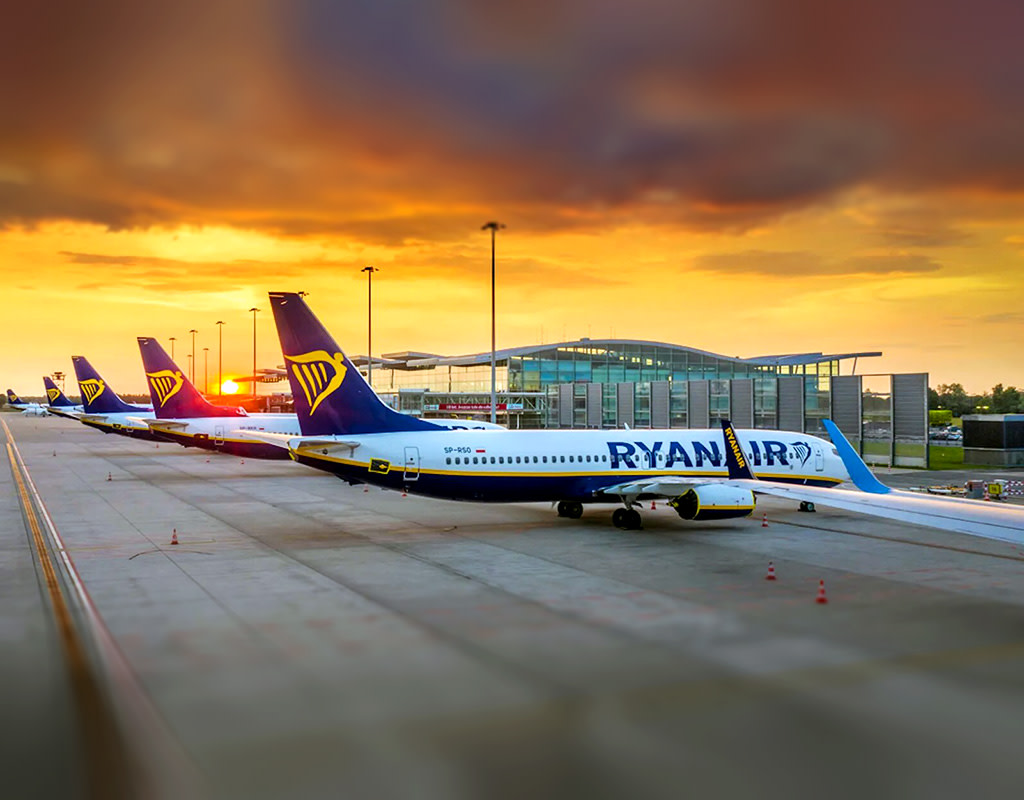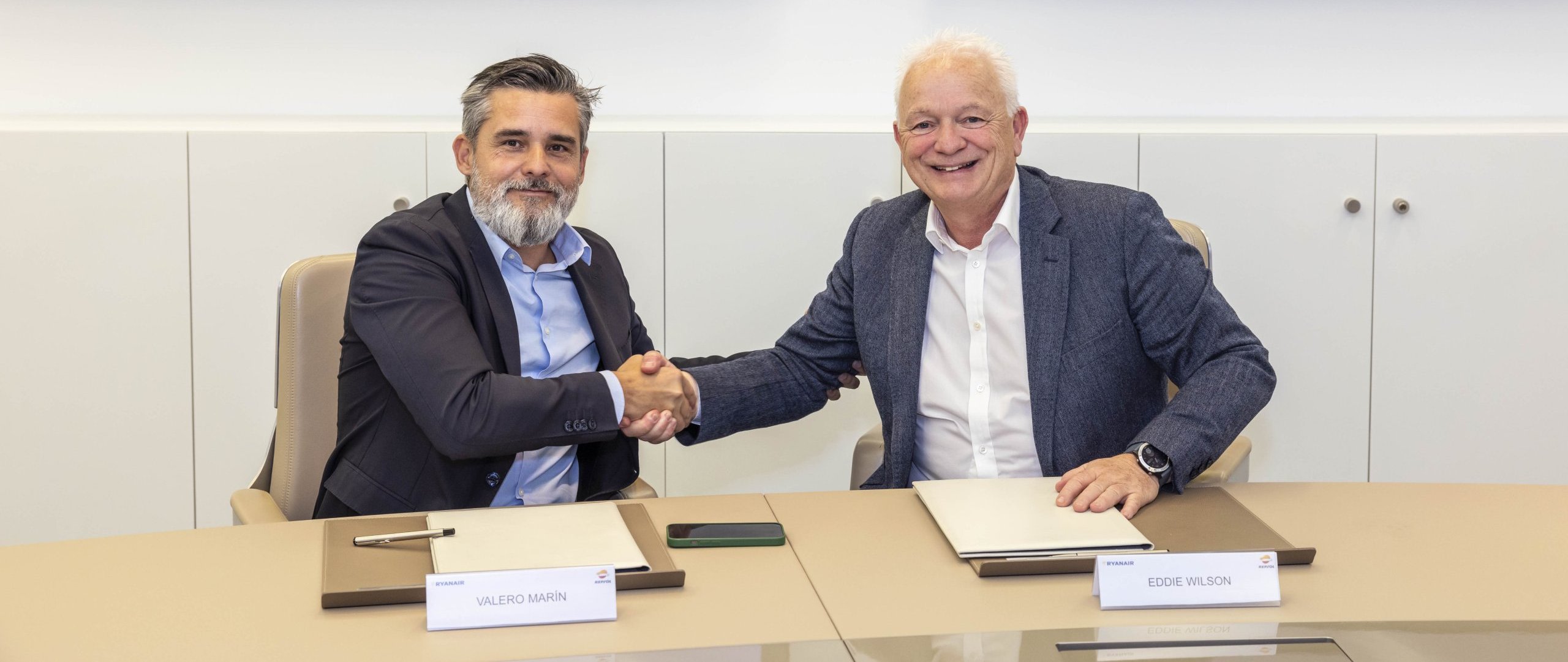Ryanair & Eni Team Up for Greener Skies
Ryanair Holdings plc

Ryanair, Europe's top airline, and Enilive, a company controlled by Eni, announced that they have agreed to supply sustainable aviation fuel (SAF) at selected Ryanair airports in Italy.
This supports Ryanair's goal to achieve Net Zero by 2050. The deal with Enilive allows Ryanair access to up to 1,00,000 tonnes of SAF from 2025 to 2030, equal to 20,000 flights from Milan to Dublin.
SAF is a practical solution for greener aviation but currently makes up a small part of global fuel use. Enilive's Italian biorefineries turn waste like used cooking oil into Eni Biojet, a SAF that's 100% biogenic and can be mixed with regular jet fuel.
Ryanair's Sustainability Director, Thomas Fowler, said, "Increasing SAF production is a big challenge. Partnering with Eni helps us reach our goal of using 12.5% SAF by 2030 and being Net Zero by 2050."
Stefano Ballista, Enilive CEO, added, "We are glad to partner with Ryanair. Enilive plans to grow its capacity, aiming to contribute to decarbonising aviation and meeting the needs of companies like Ryanair."
Discover an extensive network of ESG providers here
Source: Ryanair


